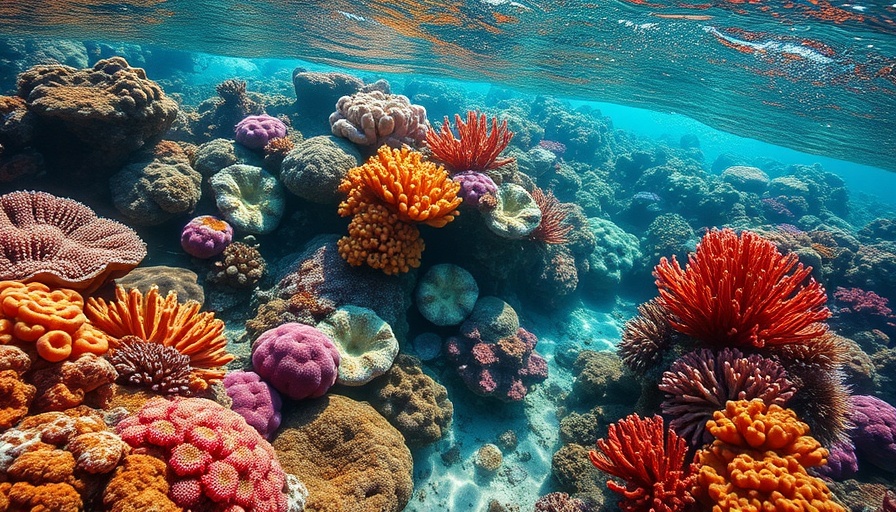
Honolulu's Trailblazing Legal Action Against Fossil Fuels
In a bold move that is shaking the foundations of climate change litigation, Honolulu has initiated a lawsuit against some of the world's largest fossil fuel companies, including ExxonMobil, Shell, and Chevron. The city's leadership argues that these corporations were aware for decades of the detrimental effects their products have on the environment and capitalized on this knowledge.
Sea Level Rise and Extreme Weather: The Impact on Oahu
The stakes are high for residents of Honolulu, with the lawsuit specifically attributing rising sea levels and increasingly severe weather phenomena—such as hurricanes and heatwaves—to fossil fuel emissions. The impact of climate change is not just an abstract concept for the people of Oahu; it means the threat of losing world-famous coral reefs and a viable fishing industry, which are critical components of both the local economy and their way of life.
Legal Precedents from Coast to Coast
Honolulu's legal battle is part of a national wave of lawsuits aimed at holding fossil fuel companies accountable. Cities and states across the U.S. have filed similar claims, yet Honolulu's case is progressing more rapidly, setting a precedent that could inspire other jurisdictions to take similar action. In fact, legal experts suggest that the outcomes of these cases could receive enormous media attention, paving the way for more comprehensive climate accountability.
The Challenge of Statute Limitations in Climate Litigation
However, the legal landscape is fraught with challenges. Fossil fuel companies have argued for dismissals based on ignorance of climate consequences, suggesting that the public has been aware of the effects of fossil fuel consumption for decades. This has raised critical questions surrounding the statute of limitations, as the defense argues that the claims made by Honolulu are based on information that has been publicly known for years.
The Nationwide Implications of Honolulu's Efforts
What makes Honolulu’s lawsuit particularly noteworthy is its potential to shape future legal battles against fossil fuel giants. As litigation progresses, the outcomes may not only influence other lawsuits but also push national policies concerning climate accountability and fossil fuel consumption. These court cases could serve as vital touchpoints in the ongoing discourse around climate change and corporate responsibility.
Why It Matters
For the residents of Hawaii and beyond, these legal proceedings could represent a critical turning point in the fight against climate change. As the world grapples with rising temperatures and extreme weather, holding corporations accountable could lead to more sustainable practices that benefit the environment and future generations.
In conclusion, the outcome of Honolulu's lawsuit could have ripple effects far beyond its beaches, influencing climate policies and corporate accountability across the country. Advocates argue that the case underscores a growing recognition that the time for action against climate change is now. By following the developments of this case closely, citizens can stay engaged in a movement that seeks not just justice for Hawaii, but a sustainable future for the planet.
 Add Row
Add Row  Add
Add 




Write A Comment